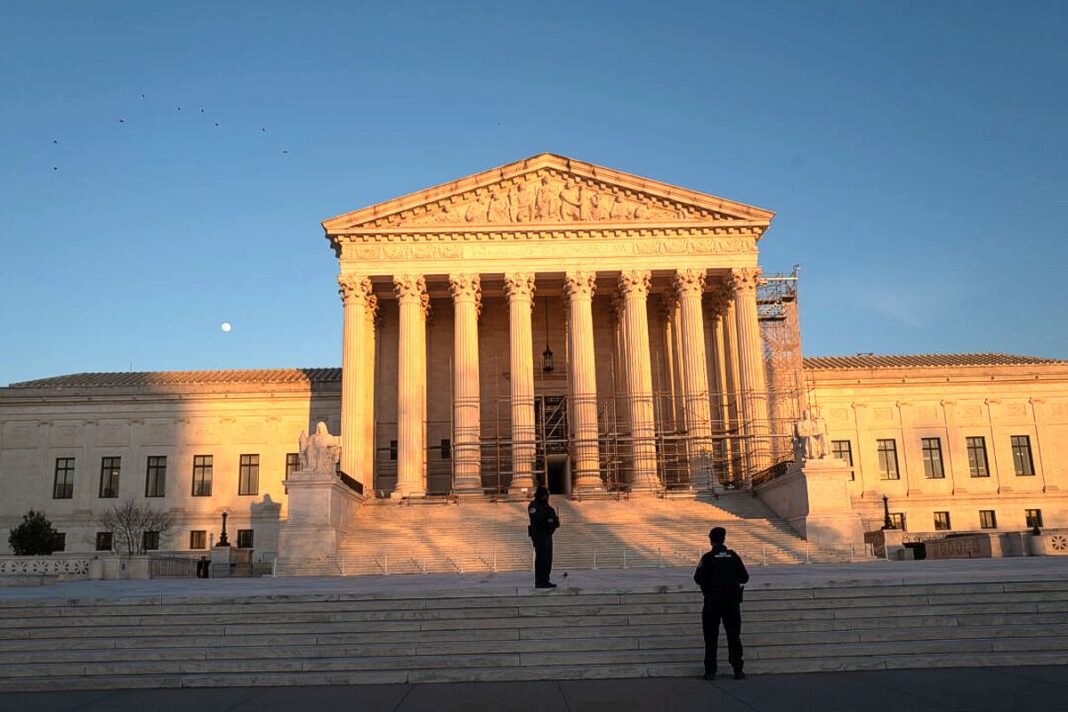The report reflects a ‘first step’ that U.S. officials are taking to expose Chinese communist authorities’ corruption and Achilles’ heel, an expert says.
Corruption is an “endemic feature” of China under communist rule due to the opaque political system in the party-state and the lack of checks and balances, according to a recent U.S. intelligence report.
The report, released on March 20 by the Office of the Director of National Intelligence (ODNI), states that bribery increases “an official’s legal earnings by four to six times.”
It also reported that Chinese Communist Party (CCP) leader Xi Jinping and his family had amassed more than $1 billion in wealth as of 2012.
Since Xi assumed power in 2012, information on corruption among CCP officials has been more challenging to obtain, the report said, adding that Xi’s family was known to be holding at least millions in financial investments as of last year.
The Intelligence Authorization Act of 2023 required the ODNI to produce an unclassified report for the general public on the wealth and corruption of senior CCP leaders. Secretary of State Marco Rubio inserted that requirement into the bill when he was in the Senate and vice chair of the Senate Intelligence Committee.
A former Chinese provincial official said the report left more to be desired.
Du Wen, a former executive director of the Legal Advisory Office of Inner Mongolia, was jailed for 12 years in China for bribery. He said he was merely a scapegoat for a faction that was defeated in a power struggle.
The former official told The Epoch Times he found the “millions” number cited in the report regarding Xi’s current wealth hard to believe. He said he had heard in China that Xi’s royalty fees for “Xi Jinping Thought,” which is Xi’s rendition of Marxism–Leninism doctrines, far exceeded that range.
Du said CCP-owned publishing houses pay Xi very high royalty fees, and the books enjoy mandatory purchases at all Party levels.
“The corruption of the Chinese Communist Party is all around,” he said. “Under the banner of proletarian revolution, they took political power.









